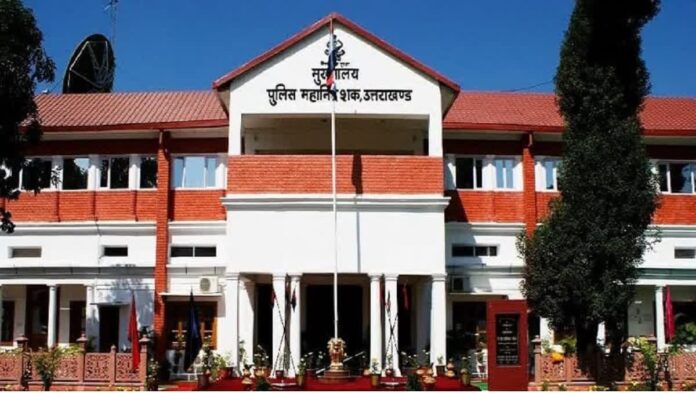(Dehradun, NTI): The Uttarakhand government is currently facing an unusual predicament – a surplus of senior Indian Police Service (IPS) officers, specifically at the Inspector General (IG) and Deputy Inspector General (DIG) levels. This overabundance has caught the attention of the central Ministry of Home Affairs, which has now requested the state government to nominate officers for central deputation in order to fill vacancies at the federal level.
The number of high-ranking officers in Uttarakhand’s police force has been steadily increasing, with current figures indicating over 12 IG-rank officers and around 6 DIG-rank officers. Projections for the next year anticipate an even larger number, potentially reaching 20 IG-rank officers. This significant increase far surpasses the number of available positions within the state’s police department, raising concerns about effective work allocation and resource management.
The Ministry of Home Affairs’ request comes as a response to a perceived underrepresentation of Uttarakhand’s IPS officers in central deputation roles. As of now, only 6 out of 41 cadre posts in the state are filled by officers on deputation, a figure that falls significantly below the permitted limit of 16 to 17 officers. This imbalance highlights a potential underutilization of the state’s human resources at the national level.
In light of these factors, it is highly likely that the state government will nominate a substantial number of officers for central deputation. While this move could address the state’s surplus of senior officers and simultaneously provide valuable expertise to the central government, it also raises pertinent questions about the long-term strategies for talent management and career progression within Uttarakhand’s police force.
The situation underscores the complex challenges faced by state governments in maintaining a balance between fulfilling central deputation quotas and ensuring adequate manpower for local policing needs. Striking this balance effectively will be crucial in maintaining the operational efficiency and effectiveness of Uttarakhand’s police force, while also contributing to the broader goals of national security and governance.
Furthermore, this development could serve as a catalyst for broader discussions on career development pathways for IPS officers within Uttarakhand. It may prompt a reevaluation of promotional policies, posting structures, and training programs to ensure optimal utilization of talent and prevent future imbalances in the distribution of senior officers.


